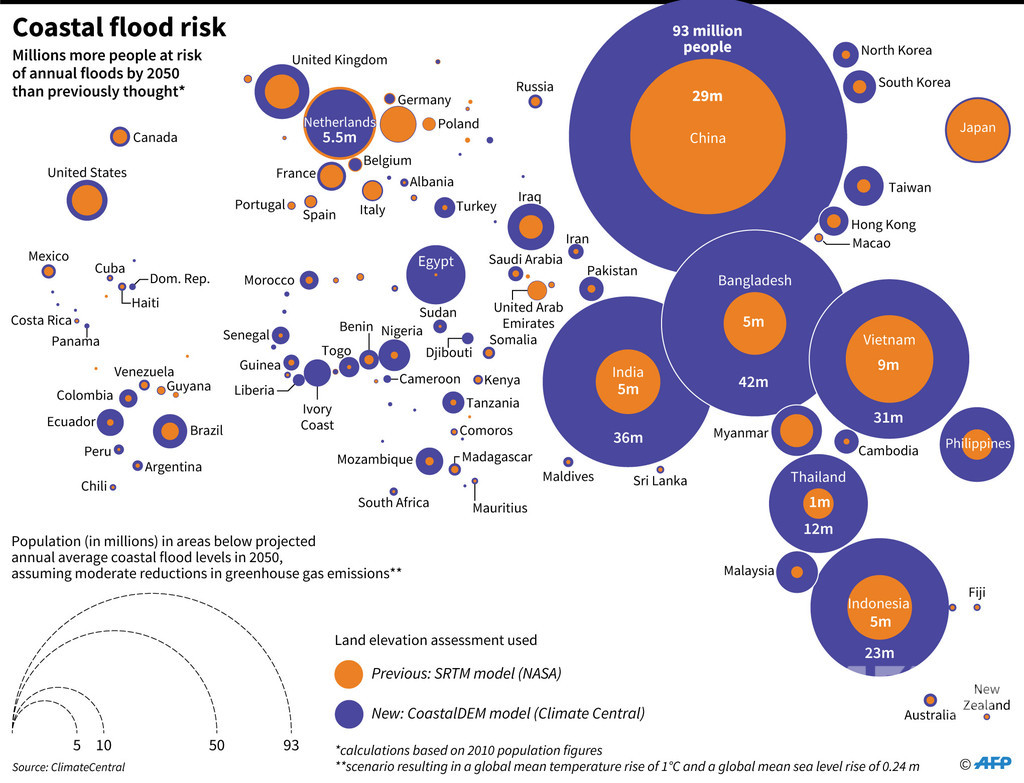記憶によれば、ミルの Harm の概念がそれほど、くっきりすっきりしたものでもない。
ちょっとググると、
Attempting to define harm
The sticking point comes in trying to define what counts as harmful. Although it might seem obvious, it’s actually not that easy. For example, if you benefit by winning a promotion at work while other applicants lose out, does this count as being harmful to them?
Philosopher Joel Feinberg would argue no: he defines harms as “wrongful setbacks to interests”. He would argue you wouldn’t be harming anyone by winning a promotion because although their interests are set back, it wasn’t done in a wrongful manner.
A more difficult category concerns harmful speech. For Mill, you do not have the right to incite violence – this is obviously harmful as it physically hurts and injures. However, he says you do have the right to offend other people – having your feelings hurt doesn’t count as harm.
Recent debates have been questioning this and saying certain kinds of speech can be as damaging psychologically as a physical attack – either because they’re personally insulting or because they entrench established power dynamics and oppress minorities.
Importantly, Mill believed the harm principle only applied to people who are able to exercise their freedom responsibly. For instance, paternalism was still justifiable for children (which makes sense, seeing as paternalism means ‘governing as though a parent over children’).
Unfortunately, he also thought these measures were appropriate to use against “barbarians”, by which he meant non-Europeans in British colonies like India.
Although some might see this as a side note, it does highlight an important point about the harm principle: the basis for determining who is worthy or capable of exercising their freedom can be subject to personal, cultural or political bias. And that is not good.
たしかに、ミルにとって、言論で他人を不快にすることは危害には含まれなかった、わけですね。
言論で他人を不愉快にする権利がある、とミルは考えたわけです。
しかし、危害というのを定義しようとすると案外難しくて、例えば、 他人を押しのけて昇進することは他人に危害を与えていることになるだろうか、と。
ある哲学者によれば、危害とは、不正に他人の利益の妨げになることであり、昇進するのは不正でないから、危害ではない、と。
それと、面白いのは、ミルにとっては、この原理によって自由を保護するに値するのは、責任をもって自由を行使できる大人であって、無責任なガキンチョや東洋人などの野蛮人はそもそも自由を与えるに値しない人種と考えたわけですねーーー今となっては人種差別的な発想なわけですが、危害原理ーー少なくともミルの危害原理については、そうした偏見も干渉してくる。
ググるとなにが危害とみなされるか what counts as “harm” についてはいくつも論文があって、面白そうでうけど・・・いま他にすることがあるので調べるのは止めておきます。





